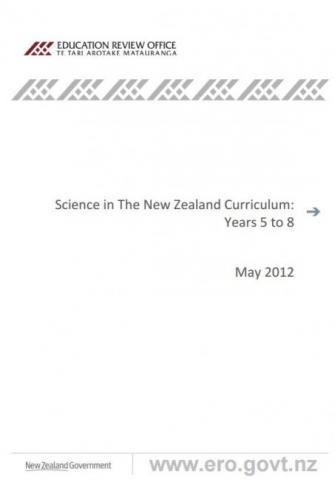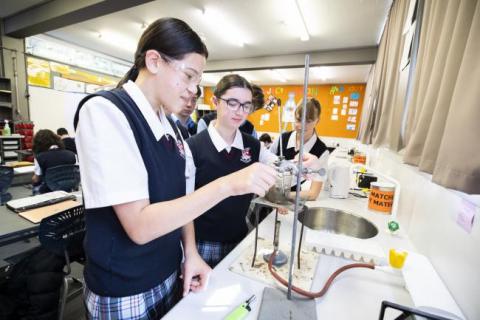Science in The New Zealand Curriculum: Years 5 to 8
Published: 01 May 2012
In 2011, ERO evaluated the quality of science teaching and learning, its place within the curriculum and its relationship to literacy and numeracy teaching. The evaluation focused on Years 5 to 8 in 100 schools. This report documents the findings of this evaluation.
- Audience:
- Education
- Parents
- Schools
- Content type:
- Research
- Topics:
- Science
- Curriculum
- Literacy and numeracy
- Good practice






